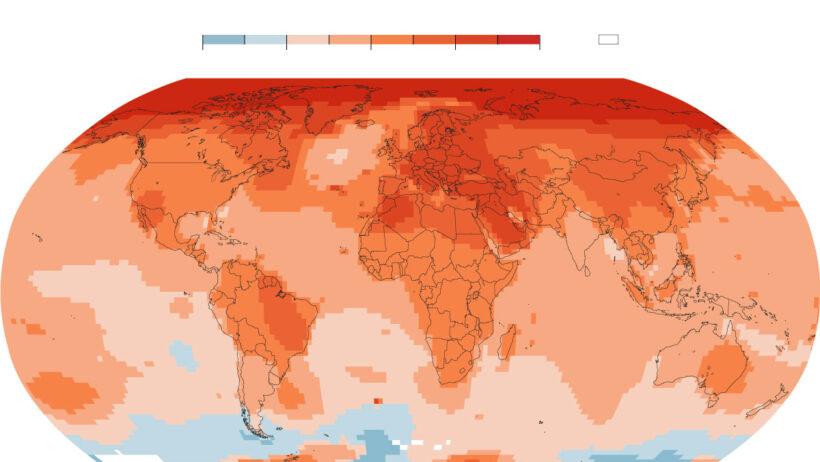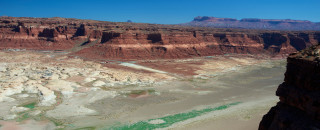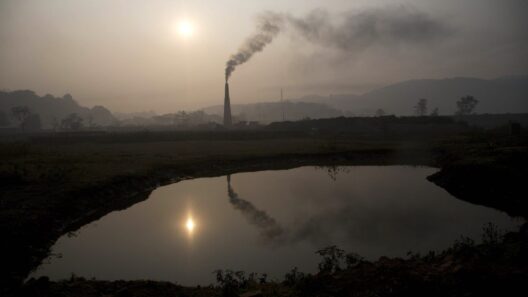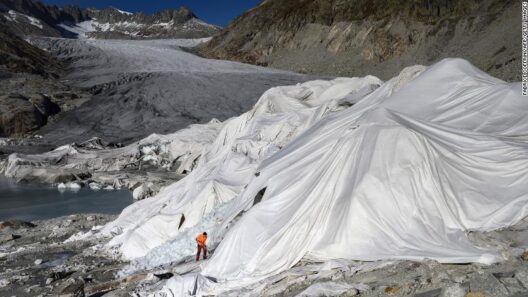The discourse surrounding climate change has been marred by a cacophony of opinions, dissenting voices, and misinformation. To untangle this complex web, one must first ascertain the consensus among the scientific community regarding climate change. An overwhelming quantity of research supports the notion that climate change is not only real but also predominantly driven by human activities. This paper aims to dissect the data surrounding scientists’ beliefs in climate change, thereby elucidating the reality of the consensus while dismantling common misconceptions.
At the crux of this matter lies the question: Do the majority of scientists indeed believe in climate change? The answer is resoundingly affirmative. Studies conducted over the past decades reveal that approximately 97% of actively publishing climate scientists agree that climate change is occurring and that human actions are a significant contributing factor. This staggering statistic serves as a bedrock for understanding the scientific consensus. The pervasive agreement is not merely anecdotal; it is entrenched in empirical data that spans various disciplines and methodologies.
To fully comprehend why this consensus exists, one must delve into the data and research illuminating the mechanisms behind climate change. The Intergovernmental Panel on Climate Change (IPCC), a body of the United Nations, has synthesized extensive evidence demonstrating that rising levels of greenhouse gases due to fossil fuel consumption, deforestation, and industrial processes precipitate global warming. Furthermore, the temperature data indicate alarming trends—average global temperatures have escalated significantly over the last century, with the last decade culminating as the warmest on record.
Yet, the data serves more than just a statistical function; it transforms our understanding of environmental dynamics. For instance, climate models, which encapsulate the complex interactions between atmospheric chemistry, ocean currents, and terrestrial feedback mechanisms, project that unchecked carbon emissions could lead to catastrophic consequences by the end of this century. These models provide critical insight, urging policymakers and individuals alike to embrace more sustainable practices.
Detractors of climate change science often invoke the fallacy of the “scientific debate,” suggesting that dissent means uncertainty. However, this argument fails to hold water when scrutinized through the lens of scientific rigor. Just as evolution is a cornerstone of biological sciences with virtually no substantial opposition in the scientific community, climate change exists within a similar paradigm. The refusal to accept the overwhelming body of evidence does not reflect genuine scientific debate but rather an ideological stance that often serves vested interests.
What fuels the persistence of skepticism regarding climate change? Numerous factors converge to perpetuate this narrative of doubt; misinformation campaigns, corporate interests, and a misunderstanding of the scientific process all play critical roles. The fossil fuel industry has historically invested in disinformation tactics to obfuscate the realities of climate change and sow doubt within the public consciousness. This strategy is akin to tobacco firms denying health risks associated with smoking, illustrating how economic interests can manipulate scientific discourse.
The psychological phenomenon known as “cognitive dissonance” further complicates public perceptions of climate science. Individuals often experience discomfort when confronted with information that contradicts their pre-existing beliefs, leading to the rejection of scientific data in favor of comforting narratives. Consequently, fostering a better understanding of climate science is essential, promoting more robust discourse on its implications and necessitating societal shifts toward sustainable practices.
Moreover, the role of education cannot be understated in this debate. Academic institutions have an imperative to equip future generations with an understanding of climate science, fortifying critical thinking and scientific literacy. Inclusive curricula that stress the importance of empirical evidence in evaluating claims will empower individuals to make informed decisions, ultimately shaping societal perception and prompting action. Engaging with local communities through outreach programs and workshops can also cultivate awareness and understanding, facilitating grassroots movements advocating for environmental stewardship.
Scientific consensus is only the first step in a journey toward societal action. Armed with knowledge and understanding, the public can mobilize to advocate for meaningful policy changes. The transition towards renewable energy sources, sustainable agriculture, and conservation of ecosystems requires collective action and bolstered by prevailing scientific agreement. Initiatives such as carbon pricing, investment in clean energy technologies, and enforcing stricter regulations on emissions are critical to combating climate change effectively.
Recognizing the predominant belief among scientists forms the foundation for a shift in perspective. It compels individuals to reconcile their beliefs with established scientific understanding, prompting curiosity about the nuances of climate science. Instead of viewing climate change solely as an environmental issue, it emerges as a multifaceted challenge affecting public health, economic prosperity, and social equity. Embracing the gravity of this crisis fosters a sense of shared responsibility and unity as humanity grapples with the consequences of its actions.
In conclusion, the data is unequivocal: a substantial majority of scientists accept the reality of climate change. This consensus should not merely be a statistic but a clarion call for societal reflection and action. The challenge lies in communicating this understanding effectively, overcoming skepticism, and igniting curiosity about the science that underpins climate change. Through education, advocacy, and tangible action, a restorative path can emerge, heralding a new vanguard of environmental consciousness and stewardship.








